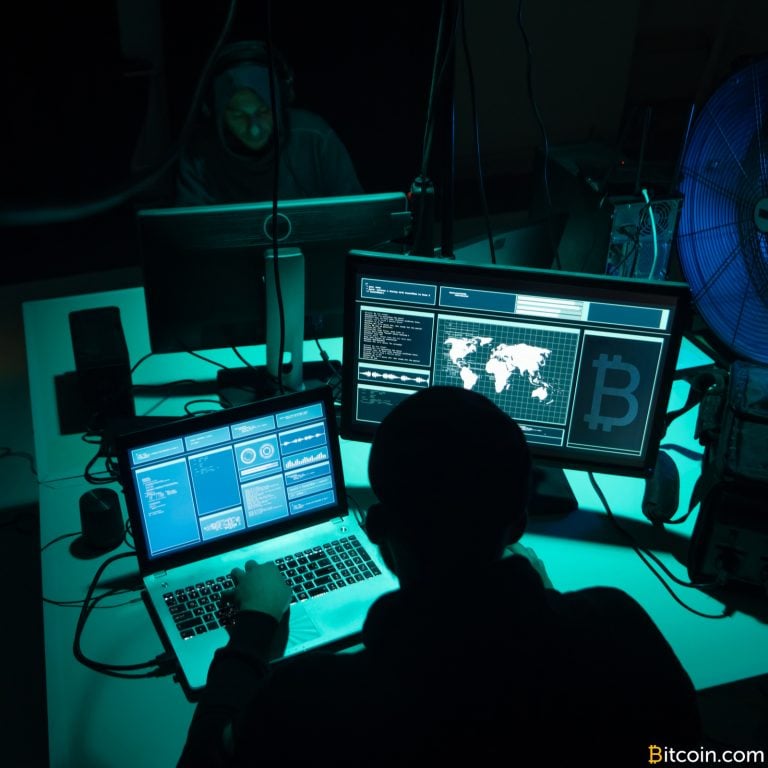
AI specialist Dr. Rand Hindi conducted a presentation on cypherpunk history and data privacy in St. Moritz, Switzerland, at the Crypto Finance conference. At the beginning of the talk, he asked the audience to unlock their smartphones and pass them to their neighbors. The audience responded with a gasp. Someone in the crowd even vocalized their disdain for the idea. Naturally, people feel guarded when it comes to protecting their digital content and private data. This is why the cypherpunks believed protecting personal info was of paramount importance.
Also Read: Governmental Overreach in Developing Nations Will Hasten Hyperbitcoinization
The Cypherpunks, Data Privacy, and the Dossier Society
Protecting data is not only about preventing hackers and thieves from gaining access to personal credentials. According to the cypherpunks, it is also about denying governments access to large troves of information and surveilling the population. In this sense, data privacy represents the sine qua non of personal sovereignty in cyberspace.
The cypherpunk creator of digital cash David Chaum once lamented that internet technologies would create a dossier society. This dossier society means government would catalog information on each individual, and they would possess piecemeal documentation regarding people’s identity and history. They would also track every person and keep tabs on their comings and goings. In its final incarnation, the dossier society would equate to a horror show worse than the dystopia depicted in George Orwell’s 1984.
In a way, this has already transpired. The U.S. government in partnership with large companies like Google and AT&T constantly collects “metadata.” This metadata allows governments to piece together a picture of an individual, allowing the state to gain more accessibility to their private affairs. It’s essentially a Gestalt panopticon of digital control wound tightly around



